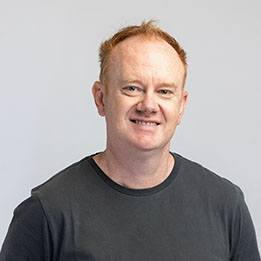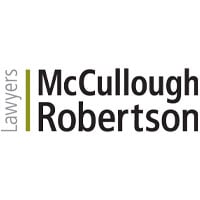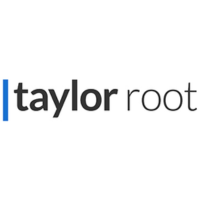

Head of legal, Australasia | Mastercard




Rama Lingard
Head of legal, Australasia | Mastercard
Team size: Eleven
What has been the number one challenge that has impacted you over the past year?
From a work perspective, the number one challenge has been building and maintaining a collaborative and collegiate team environment, where the legal team is undertaking interesting and challenging work, is valued, and supported, identifies opportunities to improve to avoid doing low-interest or low-value work, and empowers the business to make informed decisions, as there is no business without risk. From a personal perspective, it has been maintaining a healthy body and mind with diet and exercise being front of mind. Thankfully, I sleep well as I had some very sage advice earlier in my career to only worry about what you have control over. While that does not mean I do not think about things that are outside of my control and to plan for different eventualities, it just means I do not stay awake at night worrying over things I cannot influence.
Looking forward, what technological advancements do you feel will impact the role of in-house legal teams in the future the most?
Machine learning will have the greatest impact on both the type, as well as the quality and quantity, of work that in-house legal teams do. This will be particularly the case for work that is of a repeat nature, involves standard-form contracts, or discreet analysis of laws and case law. Although products are already available to enable legal teams to automate some elements of the work they do, as the power of the machine learning tools continues to grow, the breadth and quality of the analysis, as well as the output of these tools, will consequently increase. This does not necessarily mean the role of the in-house legal team will change, but rather the focus, skillset or size of these teams, the types of work these teams do, and how technology supports these teams, or the business, will change.
What would you say are the unique qualities required to be successful as an in-house lawyer in your industry?
I did not set out to be a payments lawyer and had spent much of my career in-house in financial services but have taken that knowledge, skills and experience and dived headfirst into the payments technology sector. To be successful in payments, it helps to know a little about a lot and be somewhat of a jack of all trades (and master of nothing) to manage the variety of work, to have a commercial approach, a problem-solving mindset, and a global perspective. However, the most important quality is curiosity and a desire to continuously learn and contribute given that the payments sector, the competitive landscape, and regulatory environment is continuously evolving.
Head of Legal | Mastercard